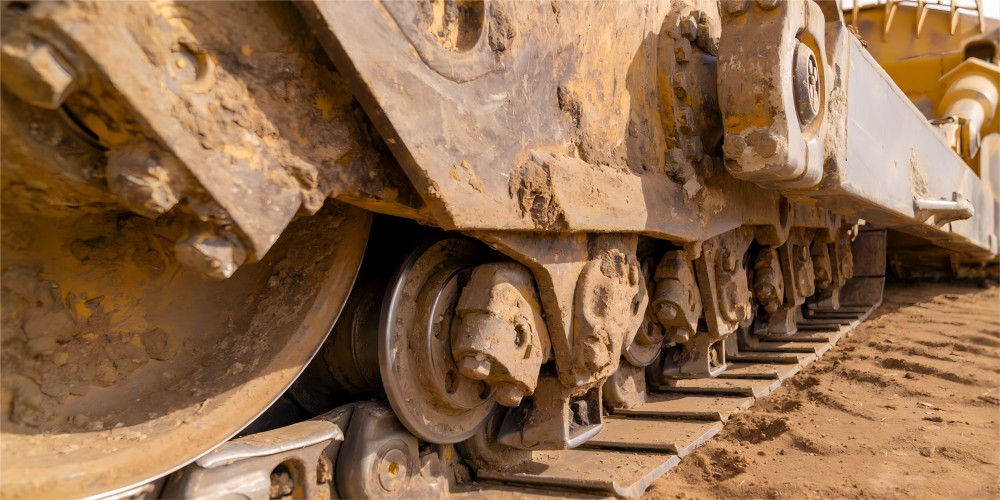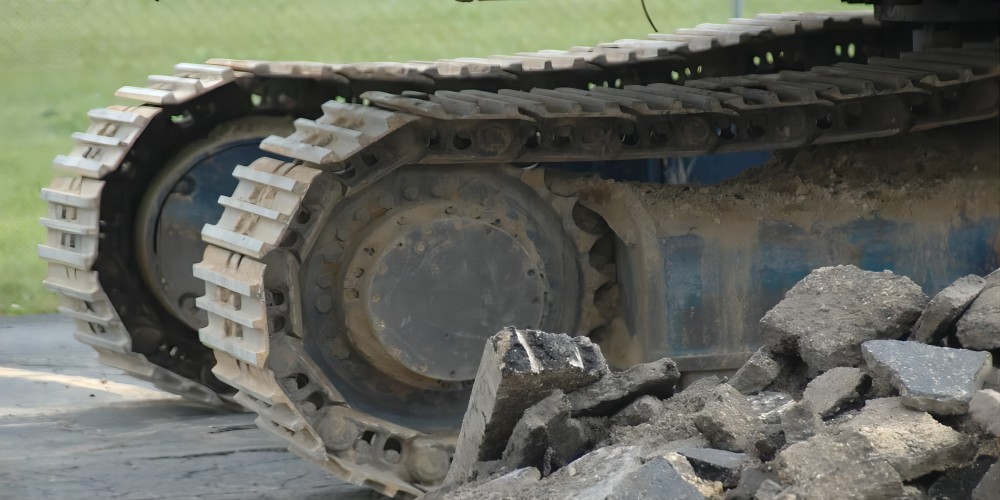
Privacy statement: Your privacy is very important to Us. Our company promises not to disclose your personal information to any external company with out your explicit permission.
Excavators, the workhorses of construction sites, play a pivotal role in various earthmoving operations. Their performance and longevity heavily depend on the proper selection of undercarriage components that can adapt to different ground conditions. This article delves into the critical aspects of ground conditions and undercarriage choices for excavators, emphasizing the importance of compatibility in optimizing efficiency and safety.
Understanding Ground Conditions
Ground conditions vary significantly from site to site, ranging from soft clay to hard rock, sandy soil, or uneven terrain. The type of soil, its density, moisture content, and presence of obstacles such as roots, rocks, or debris all influence the excavator's operation. For instance, soft soils can cause excessive sinking, while hard surfaces may lead to premature wear on tracks or tires.

Soft Soils: In these conditions, rubber tracks are often preferred due to their better grip and shock absorption. They distribute the load more evenly, reducing the risk of sinkage. However, they may require more frequent maintenance.

Hard Surfaces: On solid surfaces, steel tracks are more suitable as they offer superior traction and durability. They are less susceptible to deformation and provide better resistance against rocks and debris.
Uneven Terrain: Excavators with adjustable undercarriages, like telescopic boom or track width, are ideal for uneven ground. These features allow for better stability and maneuverability, ensuring the machine can adapt to varying terrain without compromising safety.
Undercarriage Components: A Comprehensive Overview
1. Tracks vs Tires: Tracks are commonly used in heavy-duty applications, providing excellent traction and digging force. However, they generate more noise and vibration. Tires, on the other hand, are more suitable for softer ground and quieter operations but have lower traction and digging capabilities.
2. Track Type: There are two main types - rubber and steel. Rubber tracks are quieter, more energy-efficient, and have less impact on the environment. Steel tracks, though heavier, offer greater durability and resistance to damage.
3. Track Link Design: The shape and material of the track links determine how well the excavator can handle different materials. For example, square teeth are better suited for digging through tough materials, while rounded teeth excel in handling softer surfaces.
4.Track Tension: Regular monitoring of track tension is crucial for maintaining optimal performance. Over-tightening can cause premature wear, while under-tension can lead to instability.
5. Travel Speed: Excavators with faster travel speeds are beneficial for job sites with limited space or where time is of the essence. However, this must be balanced with the undercarriage's ability to handle the workload.
Conclusion
In conclusion, understanding the specific ground conditions an excavator will encounter is essential for making informed decisions regarding undercarriage selection. A well-chosen undercarriage not only enhances the machine's performance but also prolongs its lifespan, ultimately saving costs and ensuring safe and efficient operation. As technology advances, future excavators are likely to incorporate even more advanced undercarriage systems tailored to diverse ground conditions, further streamlining excavation processes.
November 18, 2024
Contactar proveedor
November 18, 2024
August 02, 2024

Privacy statement: Your privacy is very important to Us. Our company promises not to disclose your personal information to any external company with out your explicit permission.

Fill in more information so that we can get in touch with you faster
Privacy statement: Your privacy is very important to Us. Our company promises not to disclose your personal information to any external company with out your explicit permission.